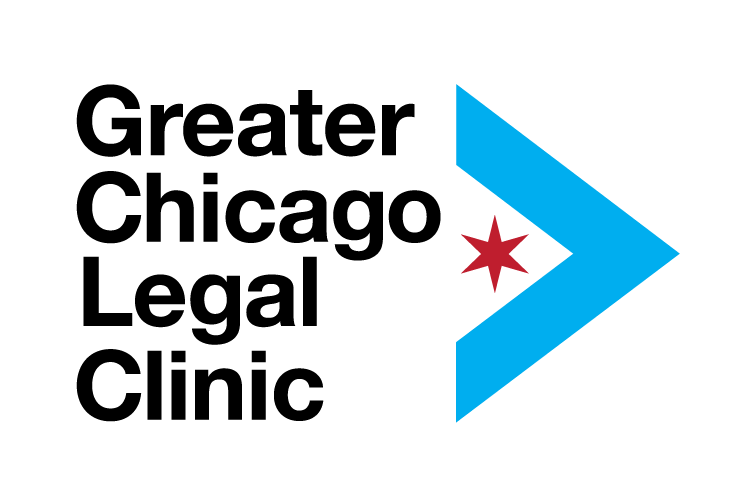GCLC Joins Cannabis Expungement Network
New criminal records clearance program to help remove barriers to secure employment and housing
The Greater Chicago Legal Clinic (GCLC) has been selected to join the Cannabis Expungement Network, which will launch in the fall of 2020.
The Network was created as part of the Cannabis Regulation and Tax Act, passed by the Illinois legislature in 2019. Recognizing that a criminal record can be a considerable barrier to full participation in society, the state’s legislators included provisions to fund—from taxes on cannabis sales—a means to reverse cannabis-related misdemeanor convictions in order to not only ensure fairness and equity but also promote economic and social justice.
“We’re excited to work with these grantee organizations to help people get their records cleared, and to begin to repair the harm done to communities disproportionately impacted by cannabis arrests and convictions.”
The Illinois Equal Justice Foundation (IEJF) was tasked with establishing the Cannabis Expungement Network. To this end, IEJF has awarded grants to 22 legal aid organizations across Illinois to educate people with past cannabis convictions about available legal assistance, determine their eligibility for relief, and represent individuals requiring a petition and appearance before the courts.
“We are delighted to be included in the Cannabis Expungement Network,” said Adam Salzman, GCLC’s Executive Director. “Our attorneys have been working in criminal records since 2002, before Illinois law even allowed for sealing of convictions. Through the Network, we will expand our historically successful Criminal Records Program to provide cannabis convictions relief.”
The Cannabis Regulation and Tax Act focuses on addressing the negative effects on individuals and communities most impacted by the war on drugs. Studies have demonstrated that clearing past criminal convictions removes major barriers to secure employment and housing.
“Expungement is more than a second chance,” said Toi Hutchinson, Illinois Cannabis Regulation Oversight Officer. “It is a lifeline. Illinois residents who were unfairly targeted by discriminatory drug laws will be able to finally get ahead and build a new future for themselves and their families.”
Drew Curle, the GCLC’s managing attorney for the Criminal Records Program, will lead the initiative.
“GCLC’s participation in the Cannabis Expungement Network will allow us to serve many more economically disadvantaged clients with criminal records issues,” Curle said. “We are also excited to further our relationship with the Alliance of Local Service Organizations (ALSO), a fellow grantee that will be working in partnership with us to provide targeted outreach to impacted communities.”
The GCLC/ALSO collaboration is an expansion of work the two organizations have partnered on for the past two years to provide expungement, sealing, and other legal services to people on Chicago’s west side. The expanded collaboration will focus on getting the word out that help with cannabis record clearance is available at no cost to people who qualify.
“Tens of thousands of Illinois residents are now eligible to have past cannabis convictions expunged from their records, but many don’t have the tools or know-how to go about it,” said Kendric Cobb, Managing Counsel at Morton Salt and IEJF Board Secretary.
“We’re excited to work with these grantee organizations to help people get their records cleared, and to begin to repair the harm done to communities disproportionately impacted by cannabis arrests and convictions.”



